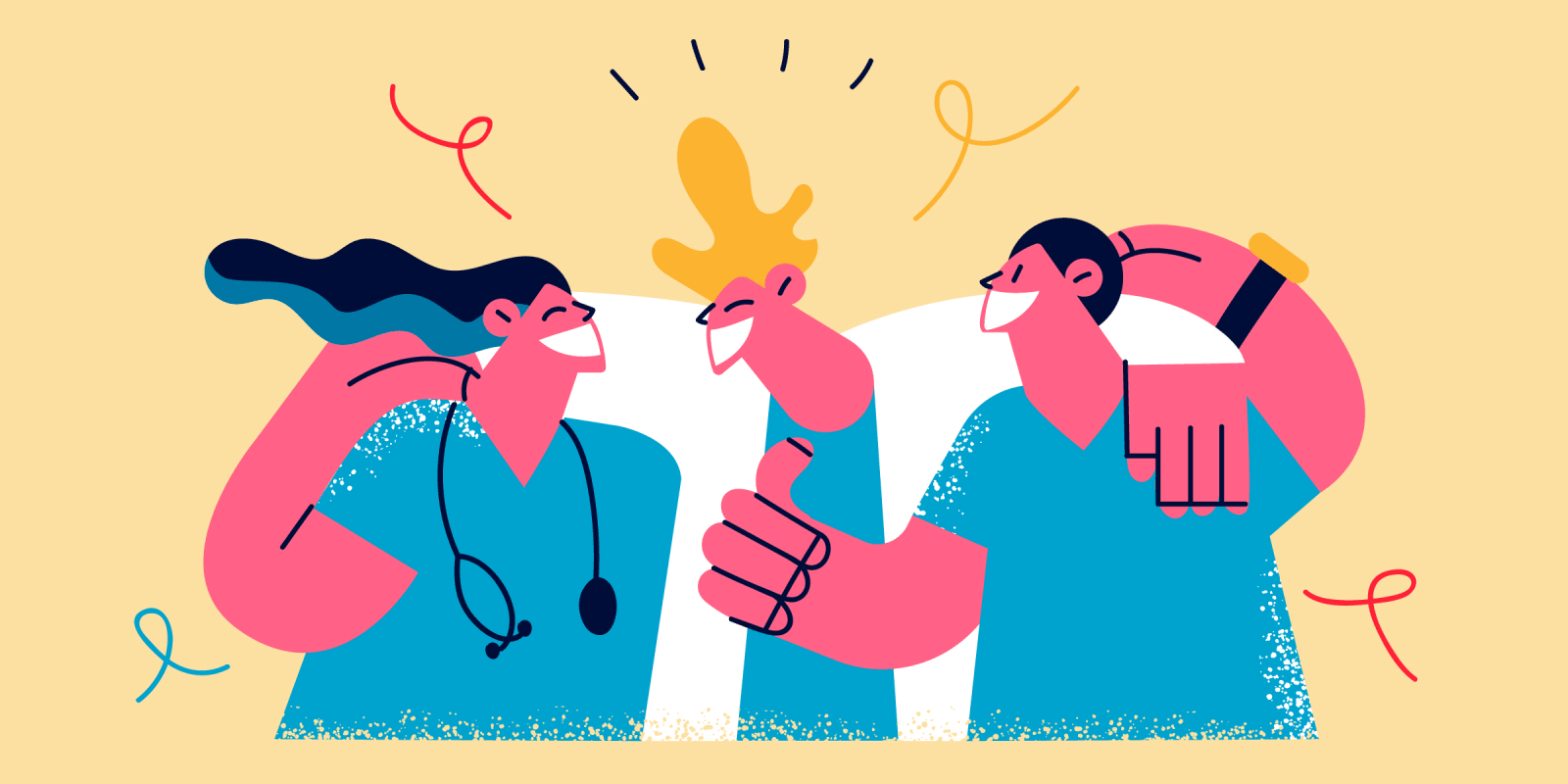I am a psychiatrist in the United States Air Force. A unique aspect of being a military physician is that you often operate within a very contained, insular community of the military base to which you are assigned. You frequently live, work, and interact with the individuals who come to you for medical care. Your military medical colleagues and their families are your main source of social support. They also may become your patients. Reciprocally, you may become theirs. This reality creates a unique dynamic in which the personal and professional intersect in complex ways.
A commonly accepted but seldom articulated ethical principle within the practice of medicine is that physicians should keep their personal and professional lives strictly separate in relation to their patients. The doctor-patient relationship is afforded special status that may be jeopardized if mixed or confused with other, more personal relational dynamics, leading to biases and inequities in medical care. This is probably most true within my field of psychiatry, where psychodynamic tradition holds up the doctor-patient relationship as integral to the healing process.
However, what if physicians find themselves in situations in which interactions with their patients on a personal level are impossible to avoid? Is it acceptable for doctors to have relationships with patients outside of the doctor-patient relationship? Furthermore, is it appropriate for doctors to care for colleagues? If so, how can professional boundaries and the conventions of friendship be balanced in order to protect both physician and patient alike?
I recently attended a birthday party for the son of my friend, a fellow Air Force physician. At one point, I scanned the room and smiled as I considered everyone in attendance. In one corner of the room sat my primary care physician, who also frequently consults me on his psychiatric cases. At the other end, my wife was chatting with another physician colleague who happened to be my patient (of course, completely unbeknownst to my wife). Also in attendance with her small children in tow was an emergency medicine friend who, on one occasion, casted my own daughter’s broken leg. I imagined that everyone in the room likely had similar stories. I realized just how interwoven we were as friends, professional colleagues, physicians, and patients.
In my experience, such connections between doctors and patients need not be problematic, so long as certain ethical principles are followed. Physicians should always carefully protect patient privacy and only provide medical care in the appropriate clinical setting with the appropriate documentation. They should never become romantically involved with patients, even if the patient is also a colleague. They should also avoid any treatment scenario that creates a potential conflict of interests (such as treating a substance use disorder in a colleague).
The experience of caring for and being cared for by a physician friend is a profoundly humanizing experience. We begin to see each other not just as doctors and patients but as fellow humans with the same illnesses and anxieties as anyone else. We each have problems we wish we didn’t have to see a doctor for. We don’t always take our medications as prescribed. We get scared and overreact when our loved ones have medical issues we cannot solve ourselves. We struggle to stay fit, eat healthy, and avoid addictive behaviors. This vulnerability keeps us humble. It strips away the false notion that we are somehow better than our patients, thereby creating space for greater empathy. I believe it also makes us strive to be better doctors. After all, I never know whether the physician I treat today may be treating me tomorrow.
Have you ever treated or been treated by a friend? Share your experience in the comments!
Dr. Morgan Hardy is a psychiatrist in the United States Air Force. He graduated from Duke School of Medicine in 2017 and completed psychiatry residency training at the University of Texas Health Science Center San Antonio in 2021. Disclaimer: The views in this article are those of the author and do not reflect the official position of the U.S. Department of Defense or its components.







